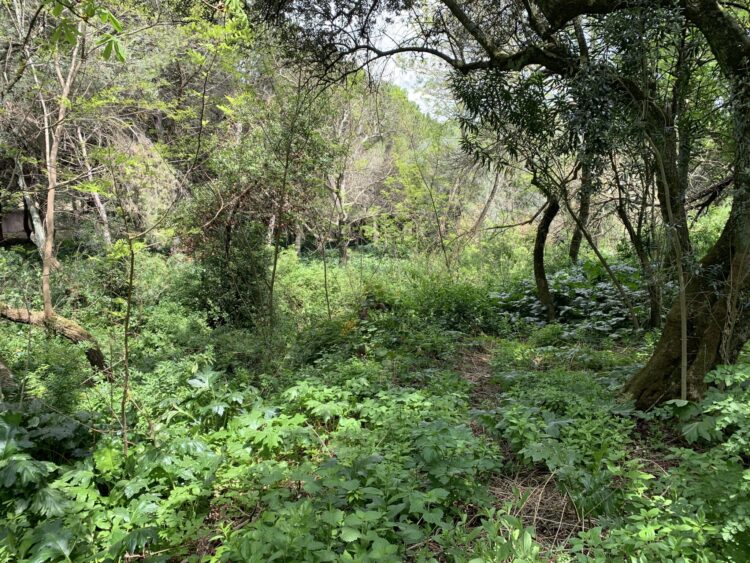
We don’t know how this global pandemic will affect…
We don’t know about things until we need to, until they affect us personally.
It’s a human condition. We can hear about something or read about it. Or even have someone share their experience. But it’s not the same, not real, until it happens to us.
I used to witness this when I worked in assisted living. Often family members would sit, shell-shocked, in our offices, unprepared for the decisions they needed to make. They knew nothing about assisted living except vague ideas they had acquired over time, usually negative connotations of “nursing homes.” Now, faced with a crisis for a loved one, they realized how little they knew and understood.
Gently, I’d let them know it would be all right, they would get through it. I would explain assisted living is something you don’t know about until you need to know. Then I’d reassure them we would help them through it.
That’s how I feel right now. For so many of us, we don’t have first-hand experience with the COVID-19 pandemic. We’ve sheltered in place and stayed safer at home. And it worked to reduce the spread of the virus.
But there still is so much we don’t know. We don’t know if it’s here, waiting to rear up again. Will it be OK to go back to work or to public places?
People where it’s hit hard — Italy, Spain, New York and other densely populated areas — are more shell-shocked, more aware of what it is and what it can do. They have dealt with overwhelmed hospital staff, dying patients, grieving families. Yet even for them there are no easy answers.

Everything keeps changing, for all of us.
I guess I need to remember my advice to others facing a dramatic change: We will get through it.
Unfortunately, we don’t have a guide to walk us through it, no experienced staff member who can lead the way. We don’t know about this, and there is no clear path, no one who has blazed this trail and come out on the other side.
A global pandemic isn’t something you know about until you need to know about it. And nobody knows for sure how this will turn out.
How to Be a Better Writer
Write what’s on your mind
That may not be much of a tip, but it’s how I wrote this column.
Based on media reports, conversations with friends and family and my own experience, this column was formed.
This sort of writing lends itself to writing what’s on my mind. That’s pretty much all this blog is — my thoughts. But if you usually write in a different style, say for work, you probably aren’t writing what’s on your mind. Instead, you may be imparting information or providing direction.
So give it a go. Write what’s on your mind. You don’t need to publish it or let anyone else read it. But it might make you feel better to get it out.



